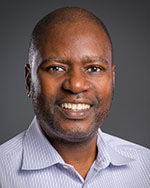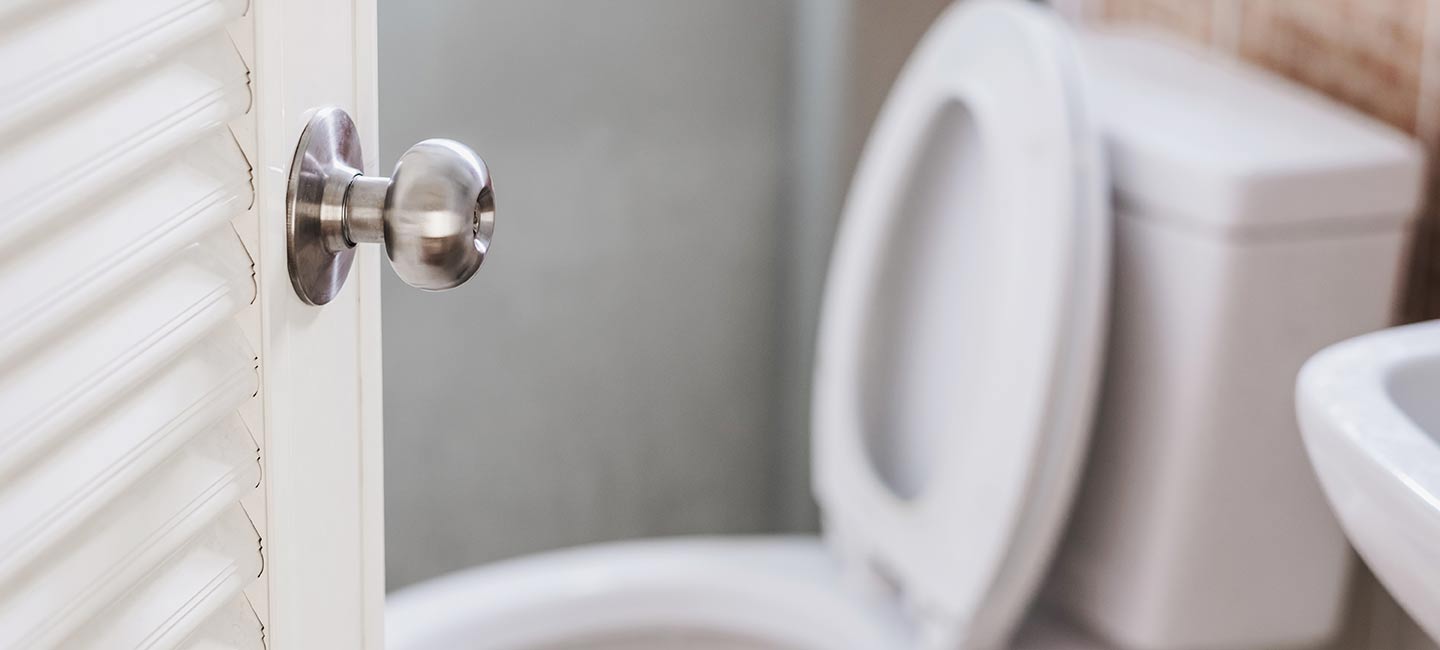What You Need to Know about At-Home Tests and Colonoscopies
While experts recommend colon cancer screenings starting at 50, that doesn’t always mean a visit to the doctor’s office for a colonoscopy. Home kits like Cologuard and Bowel FIT make it more convenient and less uncomfortable to test for warning signs of colorectal cancers.
But are they effective?
Yes, if used correctly, says Dr. Clement Gwede who researches cancer health disparities at Moffitt Cancer Center.

Clement Gwede, Ph.D.
"Doctors recommend home kit screenings for patients 50 to 75 years old," Gwede said, adding that the home tests are recommended for individuals who have not shown any symptoms. "But if there is a strong family history or other factors, a colonoscopy is the preferred test, as it is the most thorough test."
At-home kits are available by prescription through your doctor and offer simple directions on how to collect a stool sample. Results are typically available within a few days.
Gwede said that studies done at Moffitt show that about 6 to 10 percent of patients utilizing the FIT (Fecal Immunochemical Test) kits have shown abnormal results. All abnormal test results must be followed by a colonoscopy.
Patients are often uncomfortable with the prospect of a colonoscopy, mostly because of the preparation involved — laxatives, large volumes of fluids and the resulting multiple trips to the restroom.
The procedure is routine and done on an outpatient basis. Here’s what to expect:
- Sleep medication is typically given to help you relax.
- You’ll lie on your left side with your knees tucked near your chest.
- The doctor will use a thin, flexible, lighted tube with a video camera on the end to gently inflate the colon with air to provide a better view.
- If suspicious-looking polyps are discovered, they can easily be removed.
- You can go home after a colonoscopy but are not allowed to drive because the sedative can last up to 24 hours. Plan to have someone with you to drive you home.
- The procedure can last anywhere from 20 minutes to an hour, depending on the findings.
- Doctors recommend a colonoscopy every 10 years after the age of 50 if there were no findings. If polyps are discovered, more frequent visits may be recommended.



